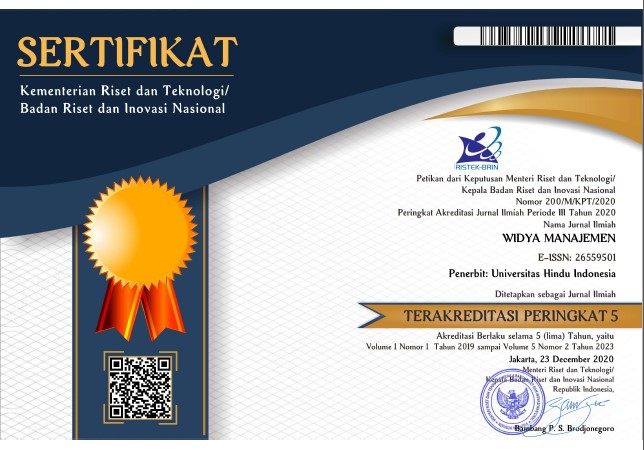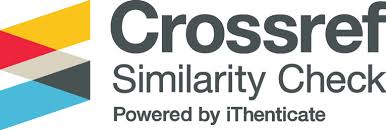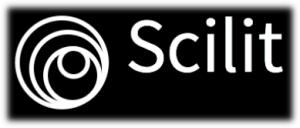Pengaruh Perceived Ease of Use, Brand Image, Word of Mouth, Nilai Pelanggan terhadap Keputusan Penggunaan Layanan Jasa serta Dampaknya terhadap Loyalitas
Survey Pada Pelanggan Transportasi Online Maxim di Kota Pontianak
Abstract
This study wants to prove the effect of each variable, namely perceived ease of use, brand image, word of mouth, and customer value which have a positive effect on customer loyalty, where the decision to use services becomes an intervening variable. Based on previous research and related to the supporting theory put forward by experts using the SPSS program as a statistical data processing tool. This type of research is associative research. In this study, researchers used a nonprobability sampling technique because the researcher did not know the total number of members of the population under study. While the sampling technique used in this study was accidental sampling. While the population is all Maxim online transportation users in Pontianak City, and the sample is 100 Maxim online transportation users in Pontianak City, with data analysis techniques using path analysis. Based on data processing using path analysis, it is proven that perceived ease of use, brand image, word of mouth has no positive effect on service use decisions, while customer value and service user decisions also have a positive and significant effect on loyalty with service use decisions. services as an intervening variable.
References
Alma., & Buchari. (2007). Manajemen Pemasaran dan Pemasaran Jasa. Alfabeta, Bandung.
Assauri, S. (2015). Manajemen Pemasaran, Cetakan ke-14, Jakarta : Rajawali Pers.
Buchari. (2007). Manajemen Pemasaran dan Pemasaran Jasa, Cetakan Kedelapan. Bandung.
Grace, S.H. (2017). Pengaruh Brand Image Go-Jek Terhadap Loyalitas Pelanggan Pada Mahasiswa IBM ASMI. Jurnal IBASMI : Jurnal Administrasi Bisnis, 1 (1), 1-10.
Kotler., & Amstrong. (2004). Prinsip – prinsip Marketing , Edisi Ketujuh, Jakarta : Salemba Empat.
Muhammad, Z., Susi, E., & Whyosi, S. (2019). Pengaruh Daya Tarik Iklan, Harga, dan Elektronic Word Of Mouth (eWOM) Terhadap Minat Pengguna Jasa Transportasi online Grab di Kota Padang. Jurnal JKMW : Jurnal Kajian Manajemen dan Wirausaha, 1(1), 380-387.
Ni Putu, S.Y.., & I Made. W. (2019). Pengaruh Brand Image, Consumer Satisfaction, Electronic Word of Mouth terhadap Niat Menggunakan Kembali. E - Jurnal Manajemen Unud, 8(7), 4647-4675.
Nisfiannoor, Muhammad. (2009) Pendekatan Statistika Modern, Jakarta : Badan Penerbit Salemba Huamanika.
Sugiyono. (2007). Metode Penelitian Bisnis, Edisi Ketujuh, Bandung : CV Alfabeta
Umammy, C., Kumadji, S., & Yulianto, E. (2016). Pengaruh Electronic Word of Mouth Terhadap Brand Image Serta Dampaknya pada Minat Beli ( Survey Pada Mahasiswa Universitas Brawijaya Malang Angkatan 2015 / 2016). Jurnal Administrasi Bisnis, 33(1), 114-119.
Reproduction Policy
Every author submitting articles to Widya Manajemen must make a statement that the manuscript is free from plagiarism and is not being considered and published in other journals.
Articles that have been published are copyrighted by the Program Studi Manajemen FEBP UNHI. For educational purposes, the contents of the article may be duplicated or reproduced as long as the source of the article is mentioned. Written requests must be submitted to the editor to obtain permission to republish the contents of the article for purposes other than educational purposes.
-----------------------------------------------------------------------------------------------------
Kebijakan Reproduksi
Setiap penulis yang menyerahkan artikel ke Widya Manajemen harus membuat surat pernyataan bahwa naskahnya bebas dari plagiarisme dan tidak sedang dipertimbangkan dan dimuat dalam jurnal lain.
Artikel yang telah dipublikasi menjadi hak cipta Program Studi Manajemen FEBP UNHI. Untuk tujuan edukatif, isi dari artikel dapat digandakan atau direpublikasi selama menyebutkan sumber dari artikel tersebut. Permintaan tertulis harus diajukan kepada editor untuk memperoleh ijin merepublikasi isi dari artikel untuk tujuan lainnya selain tujuan edukatif.






.jpg)









